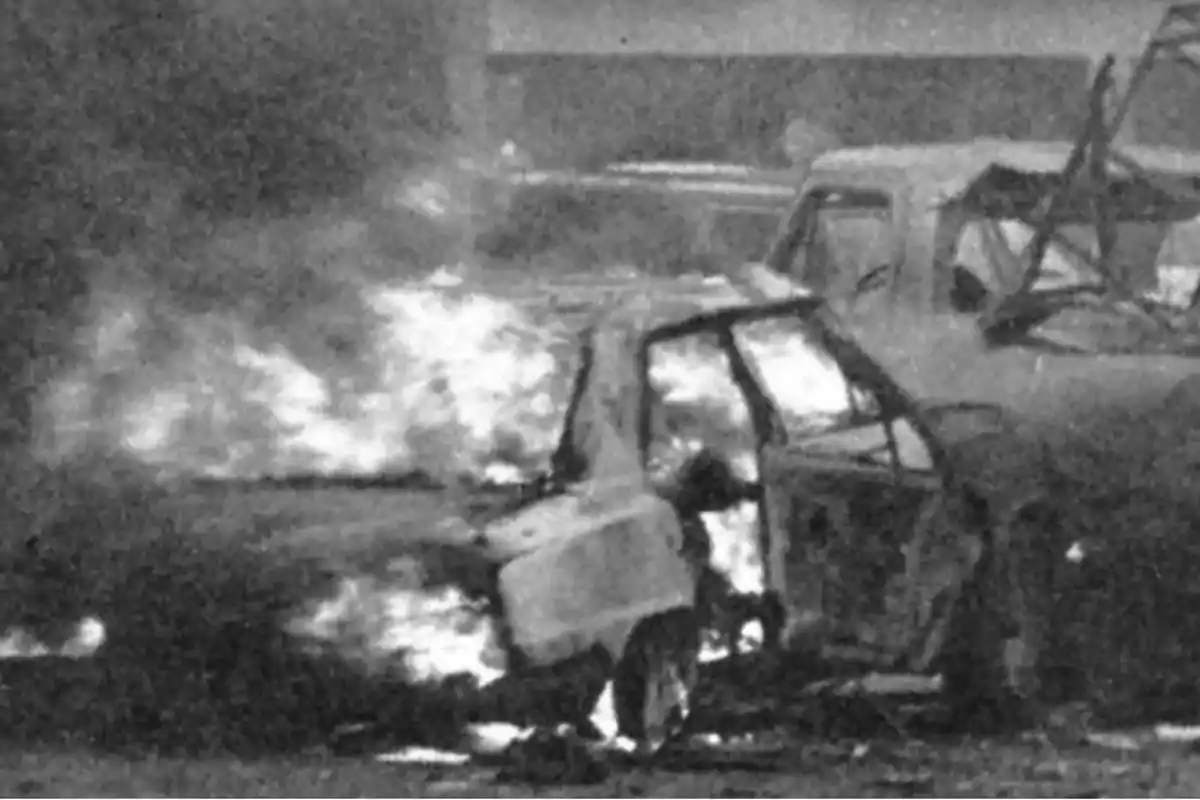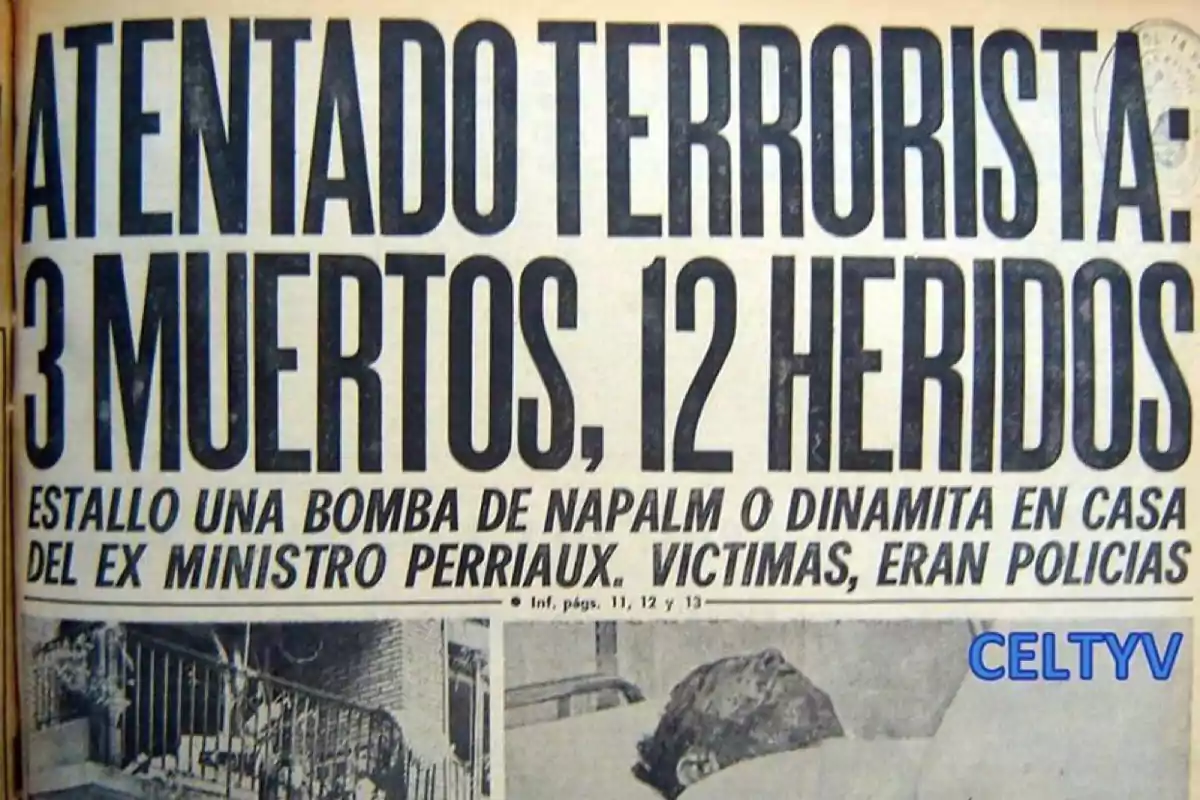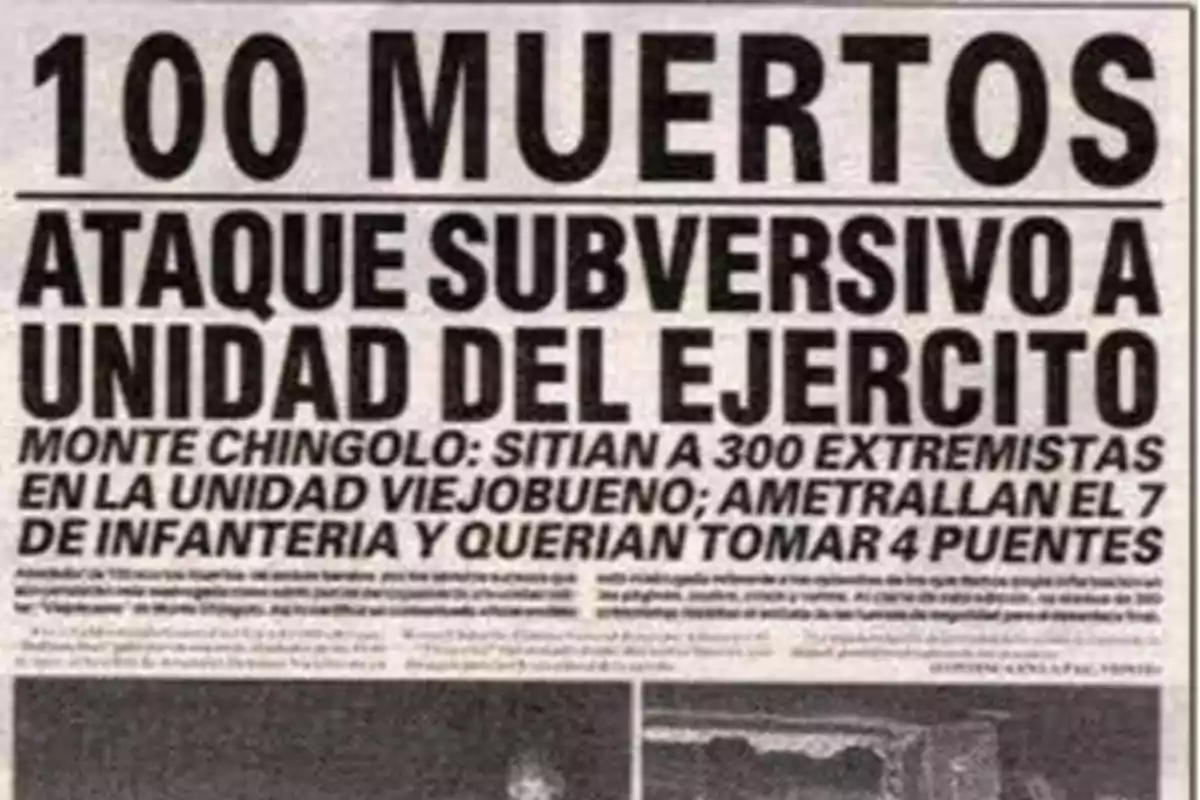
Complete Memory: The story of March 24 they don't want to tell
The 1976 coup wasn't devised overnight; it was another expression of the common thread of that era in Argentina
Many times history becomes a tool of manipulation that entails partisan political and justificatory purposes.
However, on the occasion of March 24th, an incomplete, partial, and misleading history rarely becomes so strongly established, where an official narrative is constructed that forgets the context and establishes a victim standard in which some lives are valued more than others, as on this date.
The partiality is explicit when one wants to prioritize memory over history and, consequently, intentionally denies the prior context.
Certainly, the 1976 coup d'état was not an isolated product nor devised overnight; it was another expression of the thread of the 70s era in our country: political violence.

A violence that, from different sectors of the ideological spectrum, bloodied Argentina. That violence manifested when young people, framed in guerrilla and terrorist organizations of powerful magnitude, saw no problem in planting bombs, killing innocent people, kidnapping businessmen, and committing actions that instilled terror under the idea that socialism was just a step away, and that the worse we were, the better it would be for the realization of their ideals.
Certainly, those young people who were called "idealists" trained in the Castro-communist tyranny, despised democracy, and had no respect for the life of others, whether it was a conscript with dreams to fulfill, children with a life ahead, like Captain Viola's daughter, or a civilian going to work like every day.
For this, they legitimized themselves in the idea of proclaiming themselves defenders of a "people" that, paradoxically, did not sympathize with their subversive ideals and was a victim of their criminal actions.
A people that, for the most part, tired of the uncontrolled violence and daily murders, initially supported the 1976 coup to put an end to their organizations.

Considering the prior context is to accept that violence was also carried out from the very coffers of a constitutional and democratic government like the Peronist experience of the years 1973-1976, where free rein was given, by action or omission, to parastatal groups determined to combat not only those organizations but anyone not in tune with the same interests.
It must be acknowledged, to a fair extent, that the illegal repression, the disappeared, and the Clandestine Detention Centers began in that democratic government with the "Operativo Independencia".
It is true that once the civic-military dictatorship was established, this methodology was systematized and deepened, but it is worth mentioning the escalation of events that occurred before for the political caste, which governed in that democratic interlude, to assume its role as a participant in having bloodied our country.
Not forgetting the prior context is also, ultimately, asking for justice for those other victims, those killed by the guerrilla organizations whose pains were silenced for a long time by an official narrative that only considered victims as an incomplete part.
By Maffuche Santiago for La Derecha Diario.
More posts: